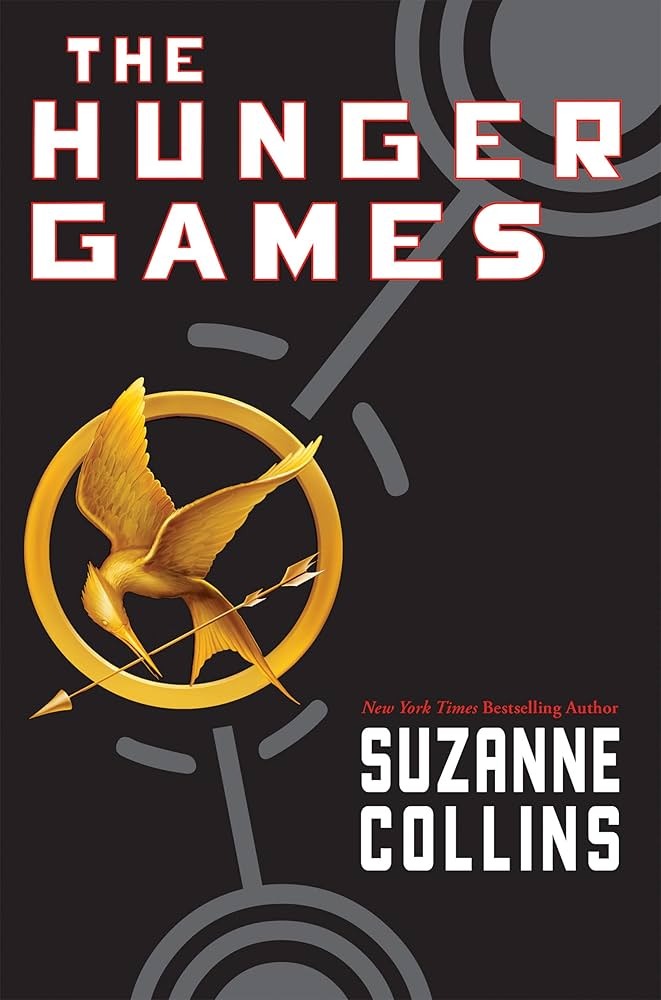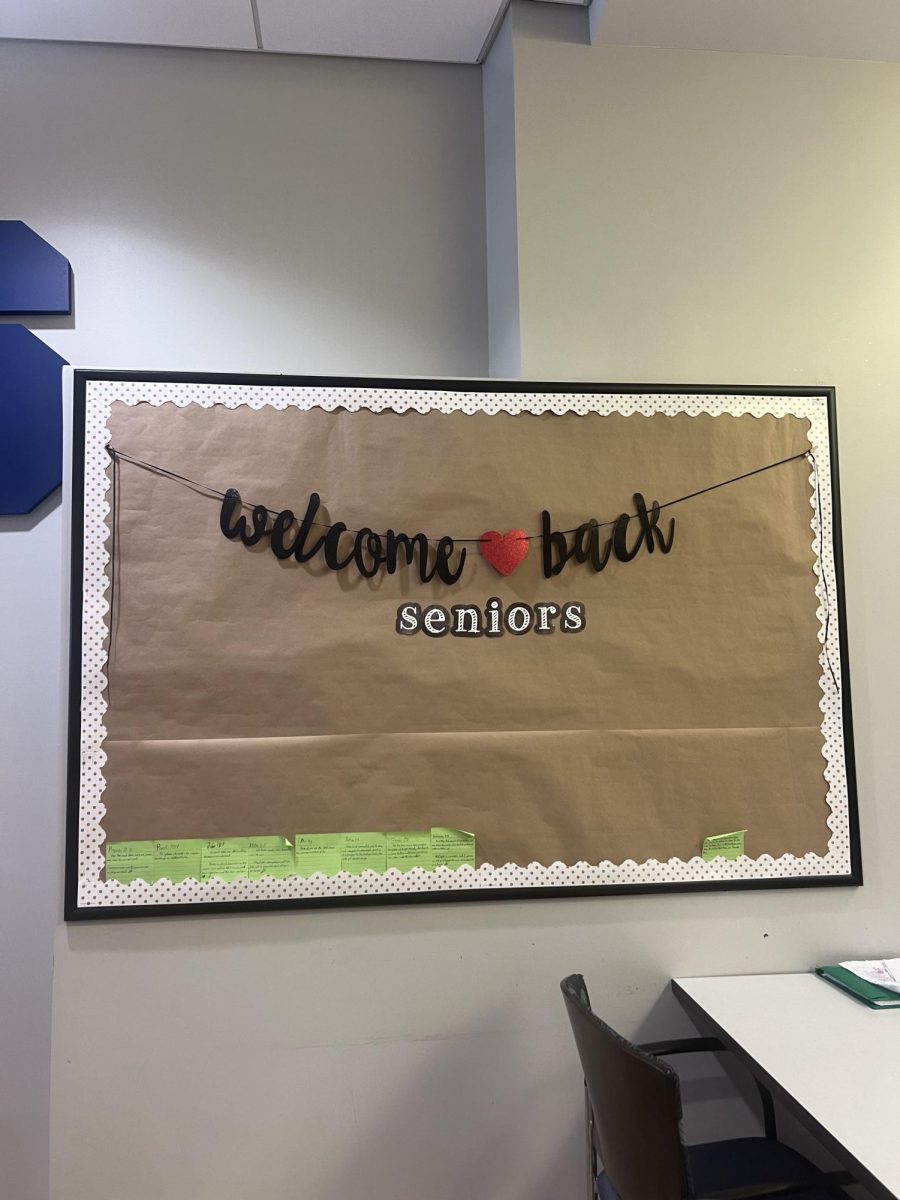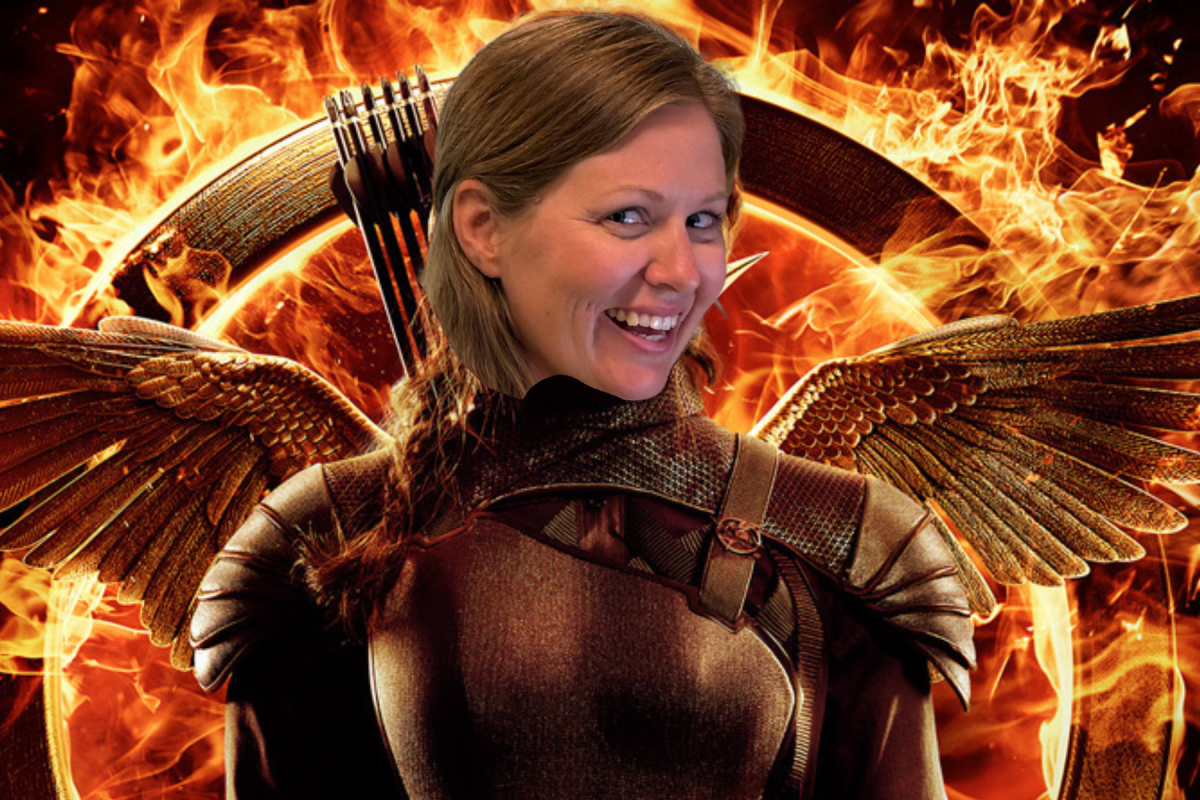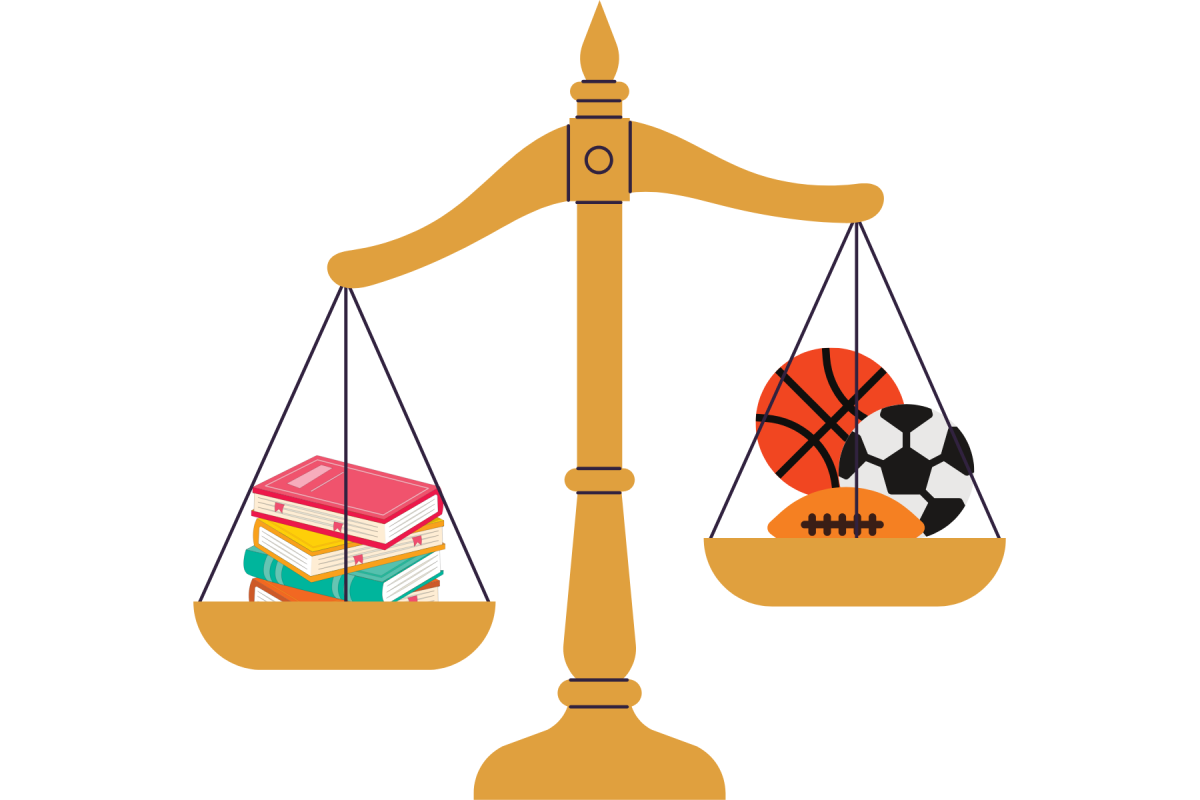Do all dystopian books need to be disguised as utopias, where the characters need justice? Or are the best books the ones that clearly display injustice to the readers?
A good dystopian book has both. Injustice must be clear to the reader, and underlying issues must be added to impact audiences more. With both, it’s more probable that the book will have a significant impact on the reader’s life.
The Hunger Games by Suzanne Collins is quite a cliche choice, but it’s iconic. It’s the face of dystopian books, and that’s for a reason. The Hunger Games gives the reader creative freedom to analyze and draw conclusions individually.
The Hunger Games gives the audience what they desire: romance, family bonding, suspense and drama. In addition to being an eye-opening book, it’s also a fascinating story—it pulls the reader in and leaves them with more. After finishing The Hunger Games, one can develop a deeper and more appreciative view of the world.
Furthermore, The Hunger Games is also relatable. Katniss is the only girl in her district who has to go through the 74th Hunger Games, and she doesn’t trust anyone around her. So, the majority of her experience is very lonely. Audiences can relate this feeling portrayed by Katniss to situations in their lives where they feel alone and helpless.
Also, Katniss has to make tough moral decisions at 16, something most girls could apply to their everyday lives. Whether it’s as small as following “girl code” or as big as deciding how to feel about social issues as they reach adulthood.
“How strong Katniss can be and how she knows what she wants and always gets it [is what impacted me], it makes me realize that this storyline isn’t that far into the future,” said sophomore Bailey Waller.
Together, The Hunger Games is unforgettable. Collins paints a graphic dystopian society with substantial twists and turns throughout the story, hardcore emotions such as fear, love, ambition and deprivation and influential characters because of their struggles and personalities. The book is so special that the story is extremely relatable, but it is still unique to other dystopian novels.
“Not just the relationships [Collins] makes out of it, but also the craziness of it, because it’s always going to be very crazy, and every step you take is a different new turn in the book, and most books don’t have such a dystopian and crazy storyline like The Hunger Games does,” said Waller.









